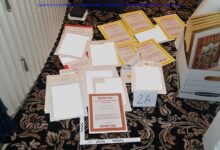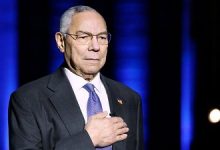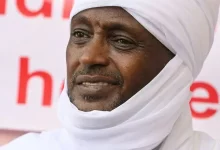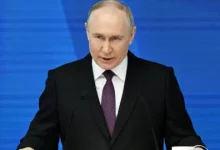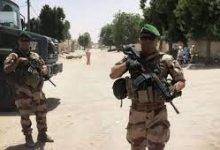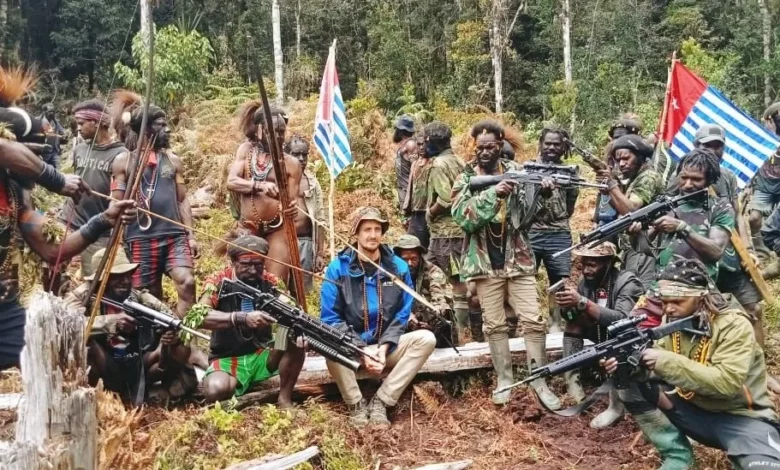
The kidnapping of a New Zealand pilot by separatists in Indonesia’s West Papua region has thrust a decades-old insurgency back into the spotlight.
Philip Mehrtens, 37, was taken hostage by West Papua National Liberation Army fighters (TPNPB) in February.
The rebels have been holding him captive as a political prisoner in the remote Nduga region.
Mr Mehrtens’ kidnapping is the latest flashpoint in a long-running, often brutally violent conflict between the Indonesian government and West Papua’s indigenous people. Indonesia is divided into 38 provinces across thousands of islands.
West Papua is the easternmost territory. It is the western half of New Guinea, the world’s second largest island after Greenland, with Papua New Guinea (PNG) comprising the eastern half. PNG was granted independence from Australia in 1975.
West Papua has had a special autonomous status since 2001. Since June 2022, it has been divided into five provinces.
The resource-rich area includes the world’s largest gold mine, as well as extensive sources of natural gas, minerals, timber and palm oil.
West Papua has a population of more than 5.4 million people. The indigenous Papuans, who are Melanesian, are now thought to be outnumbered by settlers from other parts of the archipelago. Indonesia is ethnically very diverse, with the Javanese at around 100 million the largest group.
When Indonesia’s independence from the Netherlands was agreed in 1949, West Papua remained under Dutch control. However, Indonesia launched an armed campaign to end Dutch rule there in 1961, and, with US support, was allowed to take control two years later.
A United Nations (UN)-mandated vote was held to confirm Indonesian sovereignty in 1969. Known as the Act of Free Choice, it has been widely criticised as only 1,022 Papuan leaders, supervised by Indonesia, were permitted to vote.
A pro-independence insurgency known as the Free Papua Movement (OPM) began an armed campaign shortly afterwards, which continues to this day.
The Free Papua Movement is poorly armed and divided along clan and regional lines. —BBC

